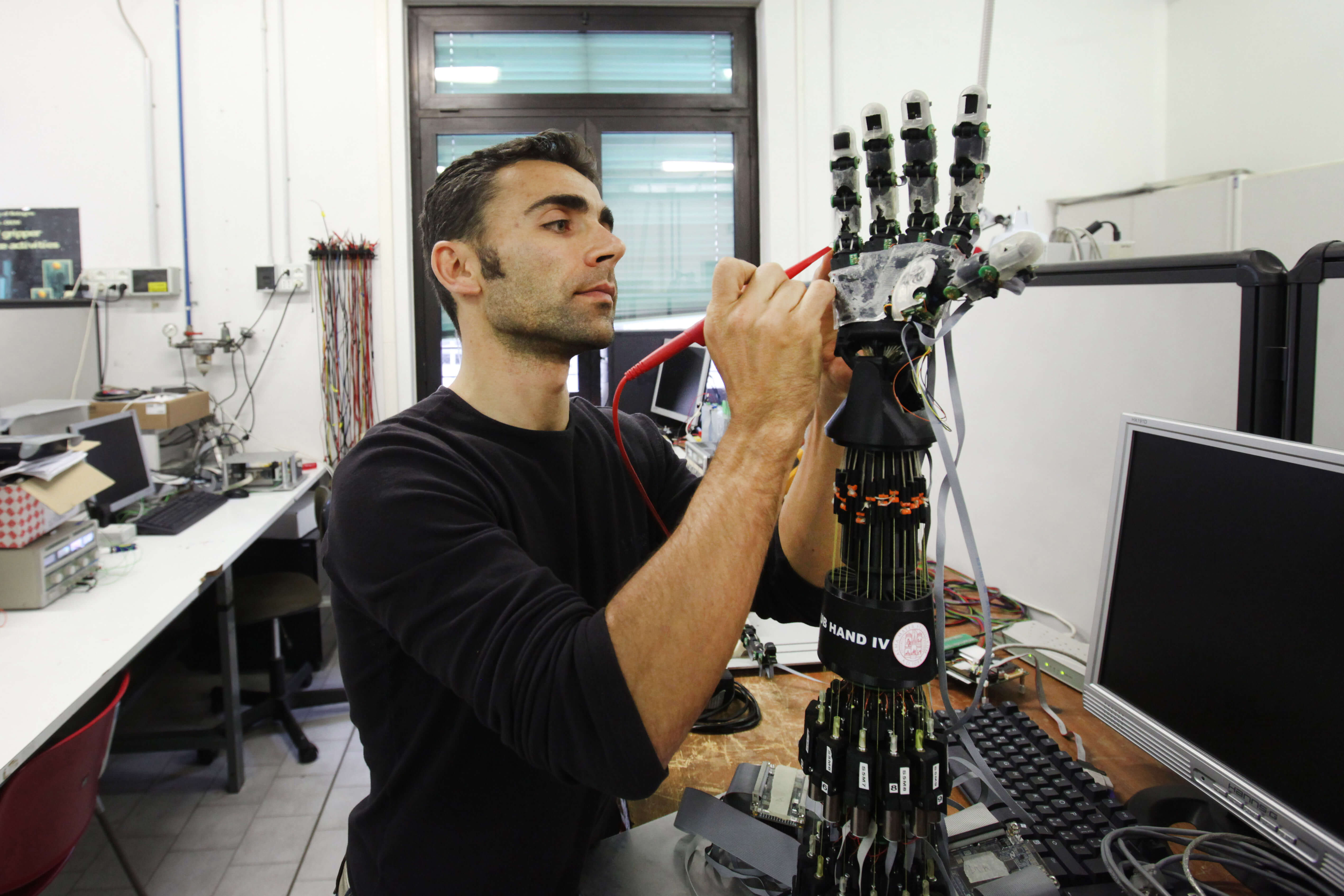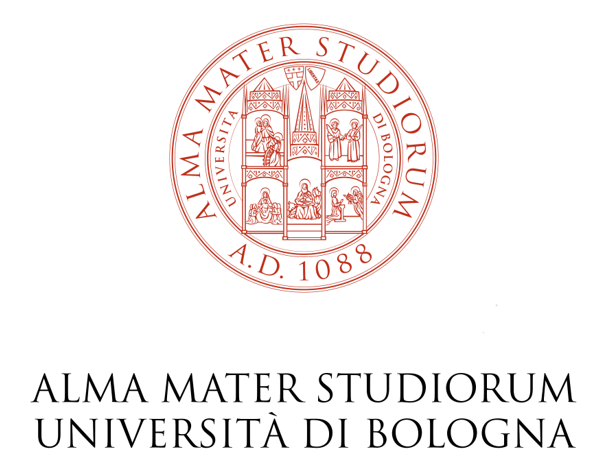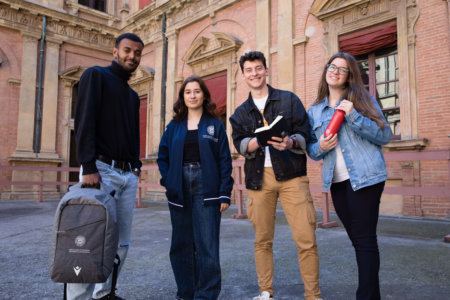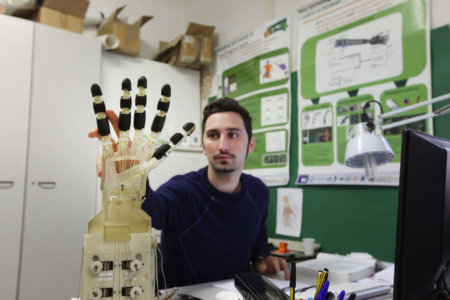The world is facing more 21st century challenges than ever before, from climate change and mass urban migration to inequality and the impact of the next industrial revolution. As UN Secretary-General António Guterres says, “the sirens are sounding.” “Our planet is talking to us and telling us something.” The right action is needed — and the Alma Mater Studiorum – Università di Bologna recognises that.
That is why the University of Bologna has committed itself to sustainability in a big way – by supporting the Sustainable Development Goals (SDGs) through teaching, research, and various other avenues. This includes relating their university courses to the SDGs, providing financial support and resources for sustainability research and collaboration with other universities, partnering with local and international communities, and adopting best practices to ensure gender equality and reduce its environmental impact.
The university launched “Plastop,” an initiative to reduce plastic waste in all its activities. It’s encouraging students and staff to use public transport, by offering subsidised passes and AlmaBikes, a bicycle equipped with sensors detecting air quality and other environmental parameters. Alongside this, the university spreads a culture of sustainability through the so-called “green offices” comprising students, academic and administrative staff too.
Interdisciplinary approaches to tackle the challenges of tomorrow
At the University of Bologna, sustainability is an umbrella term that includes sustainable behaviours towards society, the environment and the economy. It spreads across different disciplines and approaches in which personal and academic passions are also considered. The MA in “Precise Sustainable Agriculture,” for example, starts from agriculture to develop an interdisciplinary approach that tackles topics of environmental sustainability, technological innovation, economy and policymaking.
This approach is typical of most degree programmes at the University of Bologna. Indeed, if students are interested in sustainability in the broader sense, there are plenty more options: “Global Change Ecology,” “Resource Economics and Sustainable Development” and for those more interested in the operative and logistical aspects of sustainability, the department of Architecture and Engineering offers several opportunities in this sense with their programmes in “Environmental Engineering,” “Architecture and Creative Practices for the City and Landscape,” “Civil Engineering” and “Electric Vehicle Engineering.”
“I find the university’s commitment to being more eco-friendly as commendable and, more importantly, very practical. Walking around our faculty, you can see random announcements like ‘do you know how many trees are being cut to produce a quantity of papers in comparison with the recycled ones in terms of energy reduction and in terms of reducing to number of trees cut to zero?” Omran from Lebanon, who is studying environmental engineering, enthuses. “Such things raise awareness among every student, faculty member and passerby. I think it is engaging and, at the same time, eye-catching and encourages people to take action.”
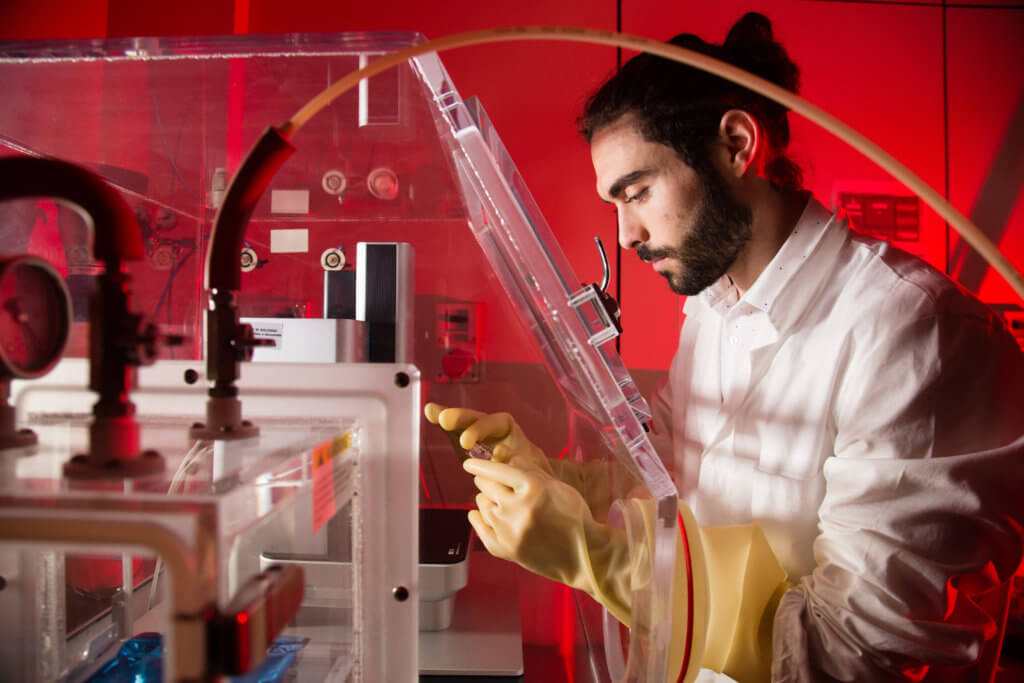
Copyright of the University of Bologna
A university with an open attitude
The University of Bologna believes in being both open and engaged. Digitalisation, technological transfer and knowledge transfer wouldn’t be possible at Unibo without a virtuous circle of high-quality teaching and research that spreads across disciplines, preparing students to go out there in the world with the right tools and mindset.
Indeed, the Alma Mater accepts the challenge of bringing technology closer to its students and staff members and it does so with its wide degree programme catalogue focusing on digitalisation. The MA in Digital Transformation Management, for example, aims to train interdisciplinary professionals – with skills in both the IT and economic-organisational fields – capable of realising and leading any company’s digital transformation process. The field of Humanities is also included in processes of digitalisation and students can choose a degree programme like “Digital Humanities and Digital Knowledge” to study, analyse and foster close connections between humanities and the sciences of representation and processing of information and knowledge.
Unibo goes even further with other postgraduate programmes focusing on “Telecommunication Engineering” and “Artificial Intelligence”, that train students not only in the hard sciences but also provide them with soft skills increasing their sensitivity towards ethical and social issues, in order to better prepare them to interact professionally with industrial stakeholders and researchers.
A green high-ranking University
Unibo’s programmes and efforts to be part of the solution to the sustainability challenge reflect the university’s relevance and innovation. The university’s actions have been spectacularly repaid: the University of Bologna was ranked first in Italy in the 2021 GreenMetric Ranking and performed exceptionally well in the Times Higher Education Impact Rankings 2020. This has made Unibo even more attractive, especially for international students who care about sustainability too.
The University of Bologna – with 32 departments and five schools – serves some 85,000 students over five campuses across Italy: Bologna, Rimini, Cesena, Forlì and Ravenna, and one in Buenos Aires. To join them in their cutting-edge endeavours to make the world a better place, click here.
Follow the University of Bologna on Facebook, YouTube, Instagram, Twitter, LinkedIn and Spreaker
Listen to Unibo Global – LifeStories on Spotify and hear from international students what studying at the University of Bologna is like

